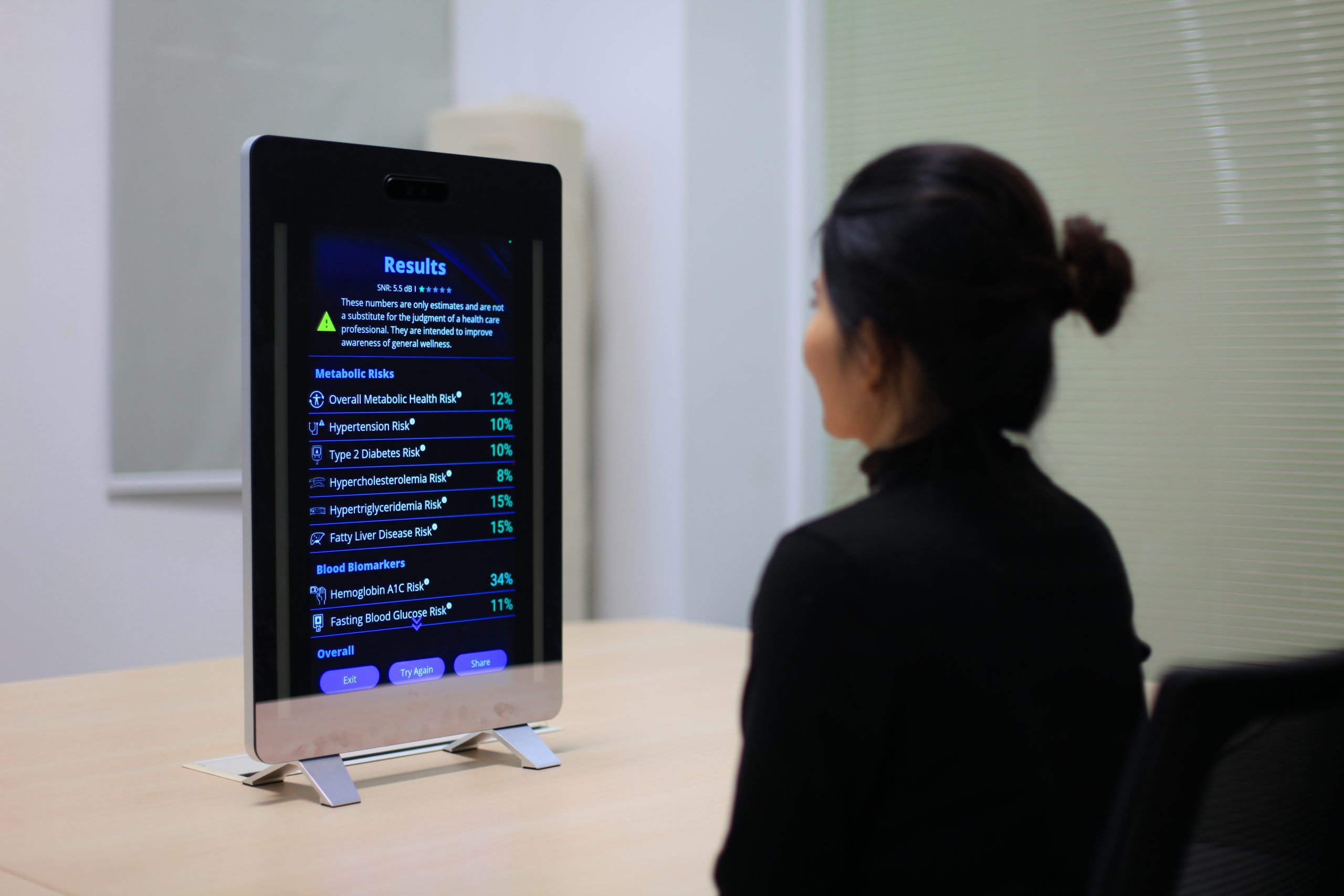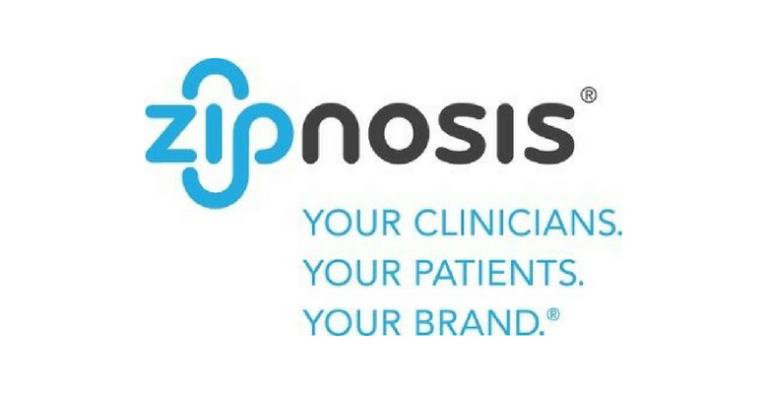NuraLogix Unveils AI-Powered Anura® Anxiety Index for Long-Term Mental Health Monitoring

TORONTO — Aug. 14, 2025 — NuraLogix, a leader in contactless wellness monitoring, has launched the Anura® Anxiety Index, a new capability designed to assess long-range anxiety levels through AI-driven analysis of physiological data. Integrated into the company’s Anura® platform, the index aims to give clinicians, insurers, employers, and researchers a scalable and objective way to monitor mental health trends.
Unlike traditional approaches that rely heavily on self-reporting or short-term stress measures, the Anura® Anxiety Index draws on multiple physiological indicators captured via a standard device camera. These metrics reflect patterns in nervous system activity associated with prolonged anxiety. The system then synthesizes this data into a single, quantifiable score representing an individual’s baseline anxiety state.
“With over 300 million people worldwide living with anxiety disorders, we need better ways to measure and manage this condition,” said Dr. Keith Thompson, Chief Medical Officer at NuraLogix. “The Anura® Anxiety Index provides a more complete picture of a person’s mental health over time, enabling earlier interventions and more personalized care strategies.”
A Growing Mental Health Challenge
- The World Health Organization estimates anxiety disorders are the most common mental health condition globally.
- In the U.S., nearly 1 in 3 adults will experience an anxiety disorder in their lifetime, according to the National Institute of Mental Health.
- Untreated mental health conditions cost the global economy more than $1 trillion annually in lost productivity, according to the Lancet Commission on Global Mental Health.
The Anura® Anxiety Index is positioned to support use cases across clinical research, telehealth, insurance risk assessment, and workplace wellness programs. NuraLogix sees it as part of a larger effort to apply Affective AI™ — technology that measures and interprets human physiological and psychological states — to real-world healthcare needs.






